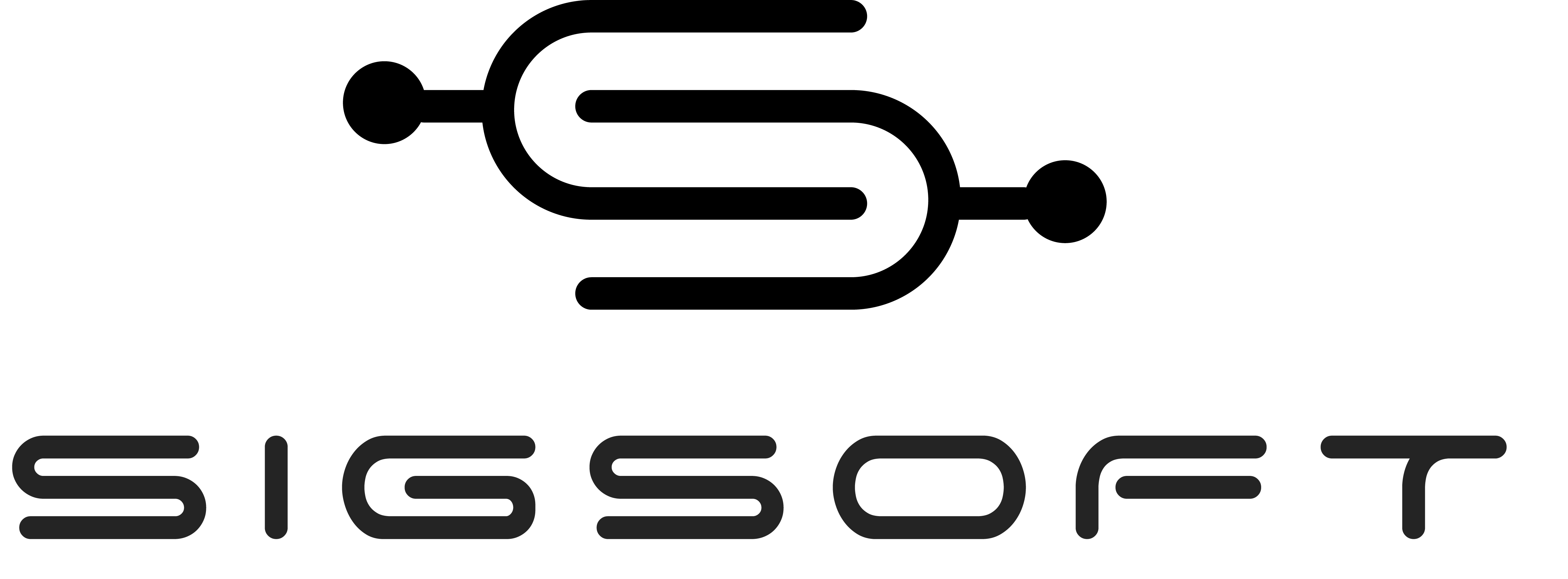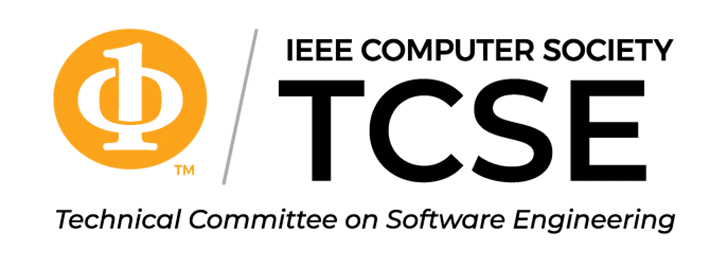7th International Workshop on Green and Sustainable Software (GREENS’23)
Theme & Goals
The engineering of green software-intensive systems is critical in our drive towards a sustainable, smarter planet. The goal of green software engineering is to apply green principles to the design and operation of software-intensive systems. Green and self-greening software systems have tremendous potential to decrease energy consumption. Moreover, enterprise software can and should be re-thought to address sustainability issues using innovative business models, processes, and incentives. Monitoring and measuring the greenness of software is critical towards the notion of sustainable and green software. Demonstrating improvement is paramount for users to achieve and effect change. Analysis of the sustainability of a specific software system requires software that developers weigh four dimensions of sustainability – economic, social, environmental, and technical – with their attendant trade-offs. The software engineering community must assume leadership in this important challenge. In this workshop we will explore the themes of design representation, curriculum design, and standards with a goal towards creating actionable outcomes that will affect how software engineering is practiced and taught in the future.
Topics of Interest
GREENS 2023 seeks contributions addressing, but not limited to, the following topics related to sustainable software and software for sustainability:
- Practices for software sustainability
- Metrics and measures for software sustainability
- Applied, or experimented with, software engineering methodologies at all levels (from requirements elicitation to architecture design, coding, testing)
- Patterns and anti-patterns
- Architectural tactics, architectural styles and design patterns
- Teaching and training of skills and competences in software sustainability
- Conceptual reflections related to software sustainability
- Progress on the various dimensions of software sustainability and their interplay
- Software adaptation for sustainability
- Tools to support sustainabilty-aware decision making
Important Dates
- Workshop paper submissions due:
January 13, EXTENDED: January 18 2023 (AoE time) - Notification to authors:
February 24, 2023 (AoE time) - Camera-ready copies due:
March 17, 2023 (AoE time) - Workshop: May 14th, 2023
Workshop Program
- 9:00-9:30 Introduction from the Chairs
- 9:30-10:30 Pitch of accepted papers (5 minutes per paper)
- Carolina Neves, Chiayu Lin, Srishti Nigam, Daumantas Patapas, Ander Eguiluz, Tanjina Islam and Ivano Malavolta. A Study on the Energy Consumption and Performance of Single-Activity Android Apps
- Farid Edrisi and Mehdi Samanazari. Digital Twin for Sustainability Assessment and Policy Evaluation: A Systematic Literature Review
- Lorena Poenaru-Olaru, June Sallou, Luis Cruz, Jan Rellermeyer and Arie van Deursen. Retrain AI Systems Responsibly! Use Sustainable Concept Drift Adaptation Techniques
- Sankar Narayan Das, Samdyuti Suri, Kuntal Dey, Kapil Singi, Vikrant Kaulgud and Vibhu Saujanya Sharma. Sustain the Smartness: From Smart Things to Sustainable Smart Things
- Mehul Warade, Kevin Lee, Chathu Ranaweera and Jean-Guy Schneider. Optimising Workflow execution for energy consumption and Performance
- Alicia Takaoka, Dirk Ahlers, Ferdinand Adlandsvik, Eivind Dovland and Letizia Jaccheri. Toward understanding digital support for climate neutral, inclusive and beautiful cities: A systematic literature review
- Malte Heithoff, Alexander Hellwig, Judith Michael and Bernhard Rumpe. Digital Twins for Sustainable Software Systems
- 10:30-11:00 Break
- 11:00-11:30 Discuss themes for breakout groups
- 11:30-12:30 Break-out session
- 12:30-13:45 Lunch
- 13:45-14:15 Short progress report and plenary discussion
- 14:15-15:15 Break-out session
- 15:15-15:45 Break
- 15:45-17:15 Final discussion and closure on follow-ups
- Time and Location TBD GREENS workshop dinner
Submission Guidelines
Prospective participants are invited to submit three types of contributions:
- Emerging research papers (up to 8 pages): These should describe contributions offering novel research results, addressing challenging real-world problems with innovative ideas. Submissions should clearly describe the challenges and problems tackled, the relevant state of the art, the solution being offered, and the potential benefits of the contribution, from an academic or industrial perspective.
- Position papers (up to 5 pages): These should be contributions outlining forward-looking ideas or thought-provoking reflections that call for further discussion and research in the community. These should describe a specific position or opinion of the authors, or provide a well-reasoned and motivated vision.
- Extended abstracts (up to 2 pages): These abstracts should propose novel research topics for discussion in the community, addressing challenging problems from an academic or industrial perspective. The motivation for your topic should be grounded in the literature or in practical experience.
Workshop papers must follow the ICSE 2023 formatting instructions, but will use a single blind submission process. All submitted papers will be reviewed on the basis of technical quality, relevance, significance, and clarity by the program committee. All workshop papers should be submitted electronically in PDF format through the EasyChair workshop website. Accepted papers will become part of the workshop proceedings.
Organizing Committee
Workshop Organisers:
- Patricia Lago, Vrije Universiteit Amsterdam
- Rick Kazman, University of Hawaii
Web and Proceedings Chair
- Roberto Verdecchia, Vrije Universiteit Amsterdam
Program Committee
- Vasilios Andrikopoulos (University of Groningen, Netherlands)
- Maria Spichkova (RMIT University, Australia)
- Nelly Condori-Fernandez (Universidad Santiago de Compostela, Spain)
- Letizia Jaccheri (Norwegian University of Science and Technology)
- Ana Moreira (NOVA School of Science and Technology, Portugal)
- Coral Calero (Universidad de Castilla-La Mancha, Spain)
- Grace Lewis (Carnegie Mellon Software Engineering Institute, USA)
- Henry Muccini (University of L’Aquila, Italy)
- Joao Paulo Fernandes (University of Coimbra, Portugal)
- Stefan Naumann (Trier University of Applied Sciences, Germany)
- Shaiful Alam Chowdhury (University of Calgary, Canada)

